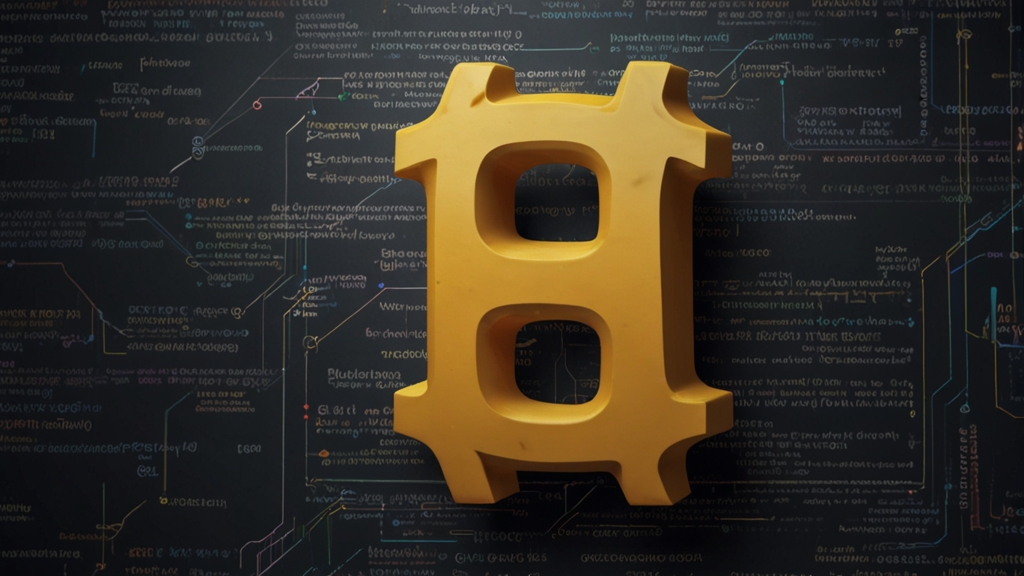The Real World Ethics of Social Media: A Double-Edged Sword
In today’s digital era, social media has become a cornerstone of daily life. Connecting billions of people worldwide, platforms like Facebook, Twitter, and Instagram enable instantaneous communication, knowledge sharing, and community building. However, this rapidly advancing technology also raises significant ethical questions. The immense power and influence of social media is a double-edged sword; while it can foster positive change, it also harbors potential harm.
The Ethical Benefits of Social Media
On the positive side, social media has democratized information, giving voice to the previously unheard and marginalized. It promotes freedom of expression, enabling individuals to share their opinions, experiences, and stories with a global audience. Social media can also catalyze social change, mobilizing millions for causes ranging from climate change to human rights.
“Social media platforms have provided an unprecedented space for dialogue and activism, where the boundaries between different communities can blur and shared goals can lead to collective action.”
Moreover, social media has revolutionized the way businesses operate, offering a direct line to customers and potential markets. Small businesses and entrepreneurs, in particular, have found new opportunities for growth and visibility through strategic social media use. Educational institutions and organizations have also leveraged these platforms for e-learning and knowledge dissemination, making education more accessible than ever before.
The Ethical Pitfalls of Social Media
Despite these advantages, social media is fraught with ethical challenges that cannot be overlooked. The very freedoms that empower users can also lead to exploitation, misinformation, and privacy invasions. The spread of fake news, cyberbullying, and data breaches are just a few of the dire consequences stemming from unethical practices on social media.
“With great power comes great responsibility. The anonymity and reach of social media can easily be weaponized, turning a platform for connection into a breeding ground for deception and harm.”
The issue of data privacy is a significant concern. Users often unwittingly share vast amounts of personal information, which can be misused by companies or malicious actors. Additionally, the algorithms that drive social media content can create echo chambers, polarizing public opinion and fostering divisiveness. These algorithms, designed to maximize user engagement, can inadvertently prioritize sensational or misleading content, further exacerbating the problem.
The Balance Between Freedom and Regulation
The ethical landscape of social media calls for a careful balance between freedom and regulation. Policymakers and platform developers must work collaboratively to create environments that protect users while preserving the fundamental freedoms that make social media invaluable.
Efforts to improve digital literacy can empower users to navigate social media more responsibly. Educating the public on identifying misinformation, understanding privacy settings, and recognizing the ethical implications of their online behavior can mitigate some of the negative impacts. Moreover, robust regulatory frameworks are essential to hold platforms accountable for unethical practices and ensure transparency.
“Creating ethical social media environments requires a multi-faceted approach, combining education, regulation, and technological innovation to protect users and foster a healthier digital ecosystem.”
In summary, social media is indeed a double-edged sword with profound ethical considerations. While it offers unparalleled opportunities for connection, expression, and business, it also poses serious risks that must be addressed. Striking the right balance between freedom and regulation is crucial for harnessing the benefits of social media while minimizing its inherent dangers.
As we move forward in this digital age, it is imperative to continually assess and address the ethical challenges posed by social media. By doing so, we can create a more equitable and responsible online world, where the power of social media serves the greater good.









